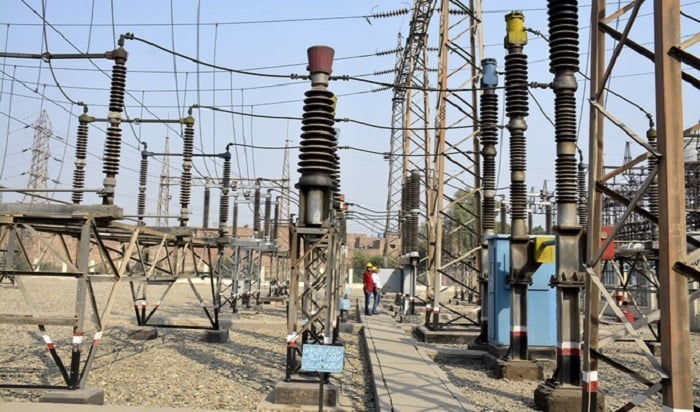Consumers to get relief under March fuel charge adjustment, says power division
CPPA-G presented the data on actual fuel costs the distribution companies had to pay to run their plants in March
ISLAMABAD: Under the fuel charge adjustment (FCA) as per actual generation recorded in March, a relief of Re0.41 per unit is on the cards for consumers, which are losing their affordability at a cutthroat rate with inflation hitting all-time highs and incomes dropping to new lows every day.
“This relief has been realised due to strict monitoring by the Power Division of fuel consumption, load management, and an increase in usage of indigenous fuel sources under the leadership of Prime Minister Shahbaz Sharif,” said a statement issued by the Power Division here Thursday.
On behalf of ex-Water and Power Development Authority (Wapda) distribution companies, Central Power Purchasing Agency (CPPA-G) has sought an increase of Rs1.17 per unit from power regulator National Electric Power Regulatory Authority (Npera) for Rs14 billion in arrears for a period of June 2021.
CPPA-G presented the data on actual fuel costs the distribution companies had to pay to run their plants in March.
Hydroelectric was the primary source of power generation (22.90%), followed by nuclear power (22.90%), re-gasified liquefied natural gas (20.42%), and coal (15.26%).
The difference between the additional arrears of June 2021 (Rs +1.58) and negative FCA for March 2023 (41 paisas) led to the filing of Rs1.17 per unit in FCA.
Earlier in April, K-Electric submitted a petition, requesting Nepra for a significant increase in electricity tariff following an increase in prices of fuel used for power generation in March.
Nepra will hold a public hearing on May 3 to decide the final FCA for March, it was further said.
Electricity generation costs in the country slightly increased by 2.6% to Rs8.22 KWh in March 2023, compared to Rs8.01 KWh in February, the latest data showed on Wednesday.
However, on a year-on-year basis, electricity generation costs fell by almost 11%. The decline in fuel cost was mainly due to an increase in nuclear, hydel, and solar-based generation, along with a 30% year-on-year decrease in the coal-based cost of generation, said brokerage Arif Habib Limited (AHL).
“On a month-on-month basis, the rise in fuel cost is triggered by a decline in hydel-based generation.” Power generation in the country witnessed a significant increase of 12.7% on a monthly basis to 8,741 GWh in March 2023, compared to 7,756 GWh in February.
It fell by 16.1% to 10,418 GWh in March 2022 on a yearly basis. In the first nine months of the ongoing fiscal year, power generation decreased by 8% year-on-year to 93,582 GWh.
Moreover, the cost of power generation during the first nine months of the fiscal year jumped 15.2% to Rs9.14. Power generation decline on a yearly basis was led by coal, which decreased by 48.4% and Residual Fuel Oil (RFO) by 96.3%.
Nuclear and hydel sources stood at 2,002 GWh each, showing an increase of 28% and 17.5%, respectively. In March, nuclear and hydel emerged as the leading power generation sources, accounting for 46% of the generation mix combined.
Electricity generation from renewable sources including solar improved by 61.1% to 111 GWh, while generation from other renewable sources such as wind declined by 17.4% to 221 GWh.
-
Global memory chip crunch puts spotlight on Apple; Will iPhone become more pricey?
-
Bitcoin plummets toward $60,000 as investors dump risky bets
-
Bitcoin crashes below $63K as regulatory pressure and market fears grow
-
Bitwise Crypto Industry innovators ETF: What investors should do in 2026?
-
Nintendo shares slide again as momentum fears grow
-
Gold, silver prices fallen sharply; What’s driving the drop?
-
Gold’s record climb: Experts question if its safety is ‘overstated’
-
Dubai unveils plans to construct street built with real gold












